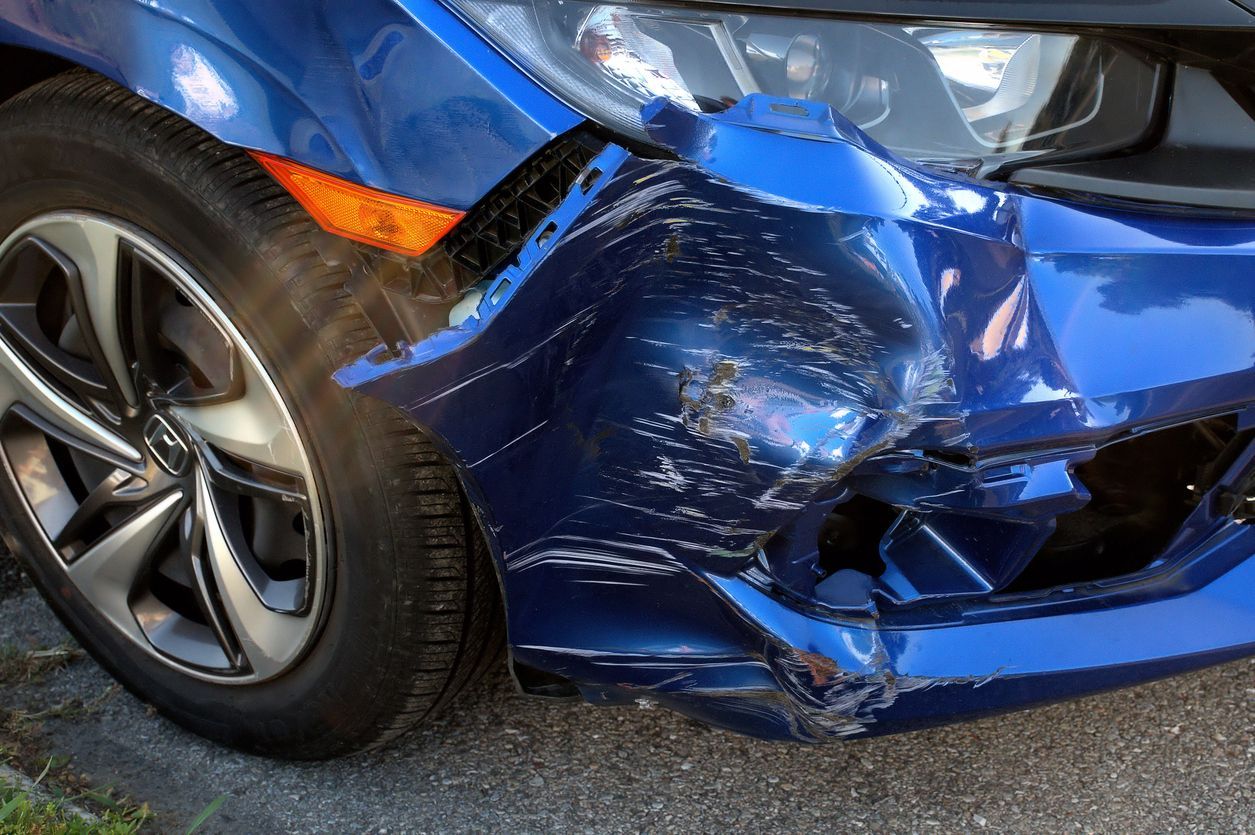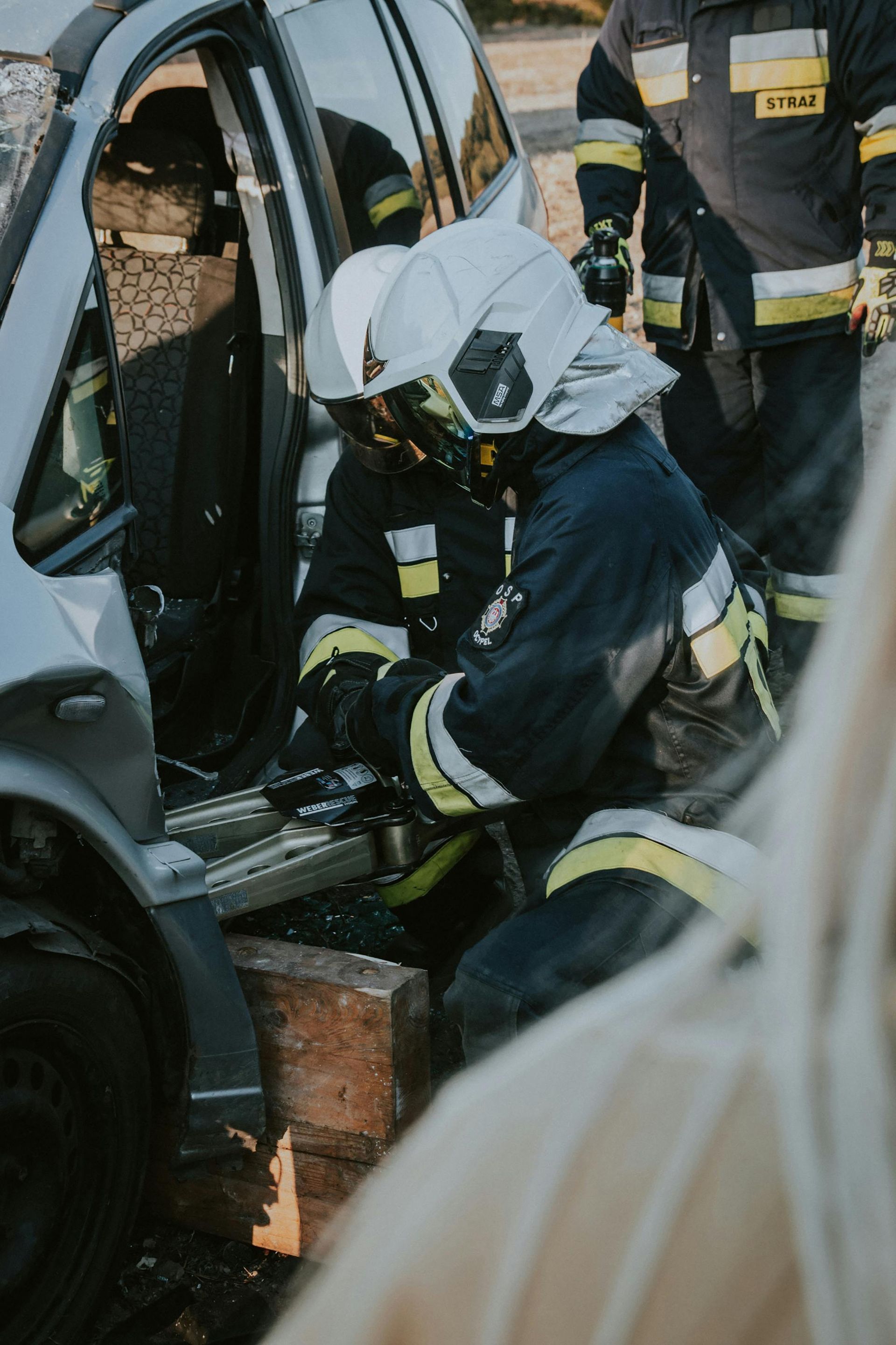DUI Rules That May Surprise You
Finder Law Serves Clients Across Jefferson City, Columbia, and Central Missouri
Driving Under the Influence (DUI) is a serious offense in Missouri, just like in any other state, but there are several unique aspects of Missouri's DUI laws that might surprise you. While most people know the basic rule — you can't drive with a blood alcohol content (BAC) of 0.08% or higher — Missouri’s laws have several layers that many drivers may not be aware of. Let’s dive into some aspects of Missouri’s DUI laws that could surprise you.
1. Implied Consent Law
In Missouri, the state’s "implied consent" law means that by driving on Missouri roads, you automatically consent to submit to chemical testing if an officer suspects you are driving under the influence. This applies to breath, blood, or urine tests.
What might surprise you, though, is that refusing to take a chemical test can have serious consequences — even if you haven’t been convicted of DUI. Refusal to submit to a test results in an automatic one-year license suspension, regardless of the outcome of your DUI case.
This is an important factor to consider because while you have the right to refuse, refusing can often make the situation worse.
2. DUI Penalties Increase with Prior Offenses
In Missouri, DUI penalties increase if you have prior offenses. However, even your previous alcohol-related offenses outside of Missouri can count towards these penalties. That means if you were convicted of a DUI in another state, that conviction could increase the severity of your punishment in Missouri, including longer license suspensions, increased fines, and even mandatory alcohol education classes.
Additionally, Missouri has a persistent offender statute, meaning the penalties can grow exponentially. For example, a third offense DUI within 10 years can lead to mandatory jail time, longer license suspension, and higher fines.
3. Sobriety Checkpoints Are Legal
Unlike many states, Missouri allows sobriety checkpoints. These are set up by law enforcement to check for impaired drivers. What may surprise you is that Missouri courts have upheld the constitutionality of sobriety checkpoints, so they are a regular and legal part of DUI enforcement in the state.
However, officers must follow strict protocols when conducting these checkpoints. The process must be conducted in a random and non-discriminatory manner, and officers cannot single out specific drivers for stops based on profiling.
4. Open Container Law Applies to DUI
Missouri's open container law surprises many people because it isn't just about whether you're drinking alcohol — it's also about having open alcohol containers in your vehicle, whether or not you're under the influence.
It’s important to note that Missouri law prohibits an open container of alcohol in the passenger compartment of a vehicle, even if the driver is sober. A violation of this law can lead to a fine, and if you’re found with an open container while driving under the influence, it can result in more severe DUI penalties.
5. DUI While Operating a Boat or Other Vehicle
Missouri’s DUI laws extend beyond just cars. If you're caught operating a boat, ATV, or even a bicycle while intoxicated, you can face DUI charges. Many people don't realize that operating a boat under the influence of alcohol or drugs is considered a DUI offense, which can lead to fines, jail time, or other penalties. The state's boating DUI laws are designed to reduce accidents on water just like on the roads.
In fact, Missouri has specific laws governing Boating While Intoxicated (BWI), and the penalties are quite similar to those for operating a motor vehicle while impaired.
6. The “Sobriety Court” Option
One unique aspect of Missouri’s DUI laws is the availability of Sobriety Courts for repeat offenders. Missouri has a program for individuals who have multiple DUI convictions. The program focuses on rehabilitation rather than punitive measures and can include drug and alcohol treatment, regular monitoring, and other support to help individuals stay sober.
What may surprise you is that participating in Sobriety Court can help reduce the likelihood of jail time and may allow drivers to regain their driving privileges earlier, as long as they successfully complete the program and stay sober. It's a lesser-known, but valuable, opportunity for some offenders.
7. Commercial Drivers Have a Lower BAC Limit
It may not come as a complete shock that commercial drivers are held to stricter standards than regular drivers, but the specifics of Missouri’s commercial driver laws can be surprising. Commercial drivers can be charged with DUI if their BAC is as low as 0.04% — significantly lower than the 0.08% limit for non-commercial drivers.
Additionally, a commercial driver’s license (CDL) may be suspended for a longer period than the typical driver’s license, and a conviction could result in the loss of the individual’s ability to work in certain professions.
8. Penalties for Drug Impairment Are Just as Severe
DUI isn’t just about alcohol in Missouri. Drug impairment is treated just as seriously under the law. Whether it’s marijuana, prescription medication, or illicit drugs, being caught driving while impaired by drugs can result in the same penalties as driving while intoxicated by alcohol.
With Missouri’s increasing push for medical marijuana legalization, it’s important to note that drivers under the influence of marijuana or other controlled substances can face DUI charges, and it’s not just the use of illegal drugs — even legal substances can impair your ability to drive and result in legal consequences.
Conclusion
DUI isn’t just about alcohol in Missouri. Drug impairment is treated just as seriously under the law. Whether it’s marijuana, prescription medication, or illicit drugs, being caught driving while impaired by drugs can result in the same penalties as driving while intoxicated by alcohol.
With Missouri’s increasing push for medical marijuana legalization, it’s important to note that drivers under the influence of marijuana or other controlled substances can face DUI charges, and it’s not just the use of illegal drugs — even legal substances can impair your ability to drive and result in legal consequences.
This blog is for informational purposes only and does not constitute legal advice. For specific guidance, please contact our office directly.












